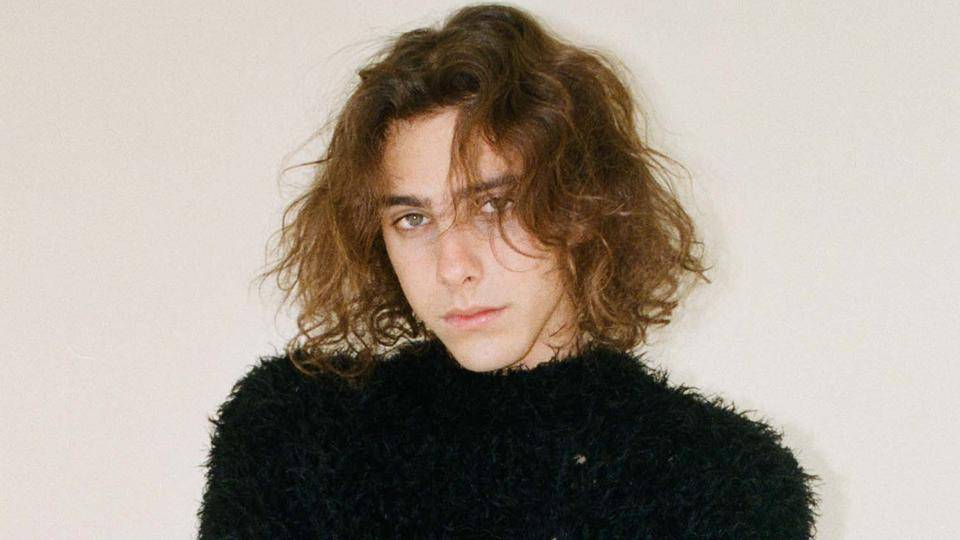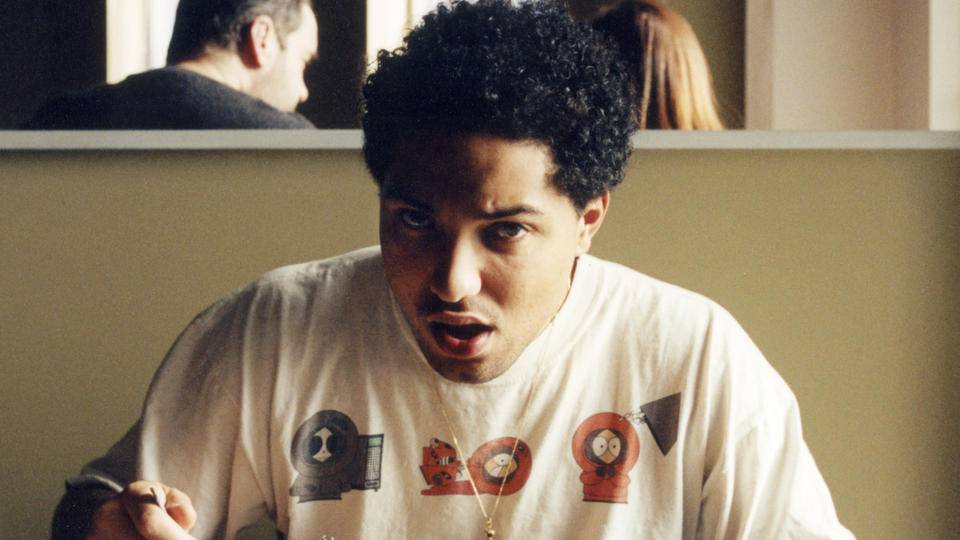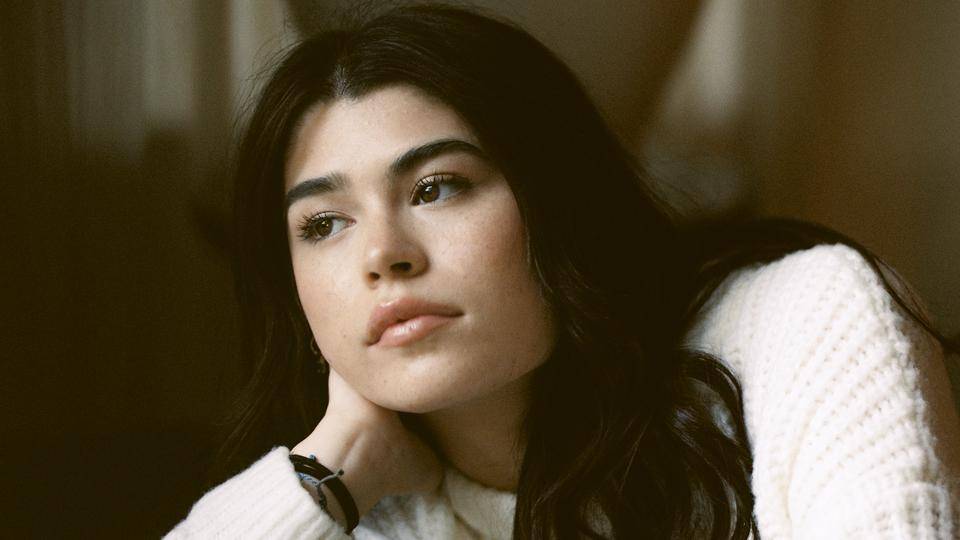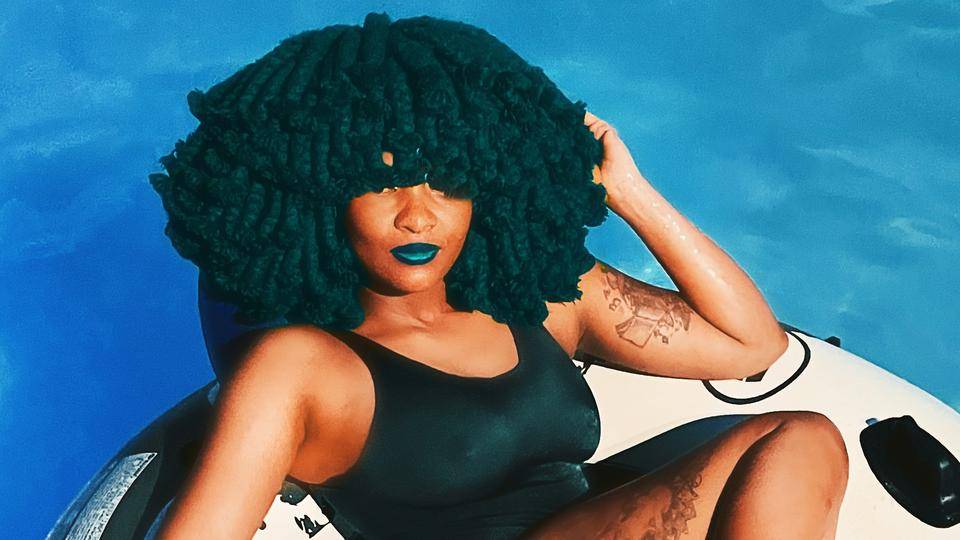Meet Eddie Ndopu, One Of The Most Powerful Disabled People On The Planet

'We caught up with disability activist Eddie Ndopu who was diagnosed with Spinal Muscular Atrophy at the age of two, but has conquered life ever since...'
Eddie, you became the first African with a disability to graduate from Oxford University recently – how did it feel?
Humbling. It was not just a personal achievement but also a symbolic victory for young people with disabilities everywhere, especially in Africa where disabled youth continue to be rendered invisible in society. It was a moment so much bigger than me. It felt like history was unfolding before my eyes.
'Why not check out what advice Talulah-Eve has about dealing with online bullying...'
'
'
What would you describe as your biggest achievement to date?
My biggest achievement to date remains outliving my prognosis and continuing to live a full life, notwithstanding the imposition of medical science and social exclusion. Aside from existential defiance, I am proud of the fact that I have been recognised as one of the World's Top 30 Thinkers Under 30 as well as one of the 50 Most Powerful Disabled People on the Planet. I have travelled the globe sharing stages with remarkable people, including Heads of State and Nobel Laureates.
Growing up, what were some of the biggest difficulties that you faced?
Growing up the biggest difficulties were accessing institutions and social services. Despite policymakers passing laws that accord people with disabilities with rights, there remains a gap between what the law says and what institutions practice. For example, getting into school was very difficult for me, despite inclusive education laws. Many schools rejected me on the grounds that I wouldn't cope in a regular education system, little did they know I'd one day graduate from Oxford.
Have attitudes towards disability changed since?
Barely. There’s still a massive gap between what the law says and what institutions practice as far the inclusion of people with disabilities is concerned.
What are the biggest problems facing people with physical disabilities today, and what changes need to happen?
I would say the three biggest challenges facing people with disabilities globally are isolation, neglect and trauma. The struggle for liberation doesn't just end with ramps, Braille, elevators and guide dogs. I'm interested in access, but also power. I want rights to social services but also to intimacy, joy and fun. It's as if there's a cap placed on the social lives of people with disabilities. It's as if we can only demand so much, before we are told "that's not reasonable." It's as if our lives are boiled down to logistics. I want people with disabilities to be powerful, fabulous and larger-than-life.
What are key things that you want young people to take away on thesubject of disability?
I want young people everywhere to engage with disability like they would any other identity. I want them to choose disability. To embrace it. To gravitate towards it. But in order to do this, young people need to unlearn the negative associations tethered to disability. There's no reason why disability can't be sexy, genius, cool.
What’s next for you – we hear you’re planning on going to the moon?
What's next? To continue slaying! Yes, I am currently setting in motion plans to go to Space. I've just joined forces with the United Nations to make this happen. The idea is to address the UN from the International Space Station for next year's International Disability Day, as a call to action on disability justice and the Sustainable Development Goals.





